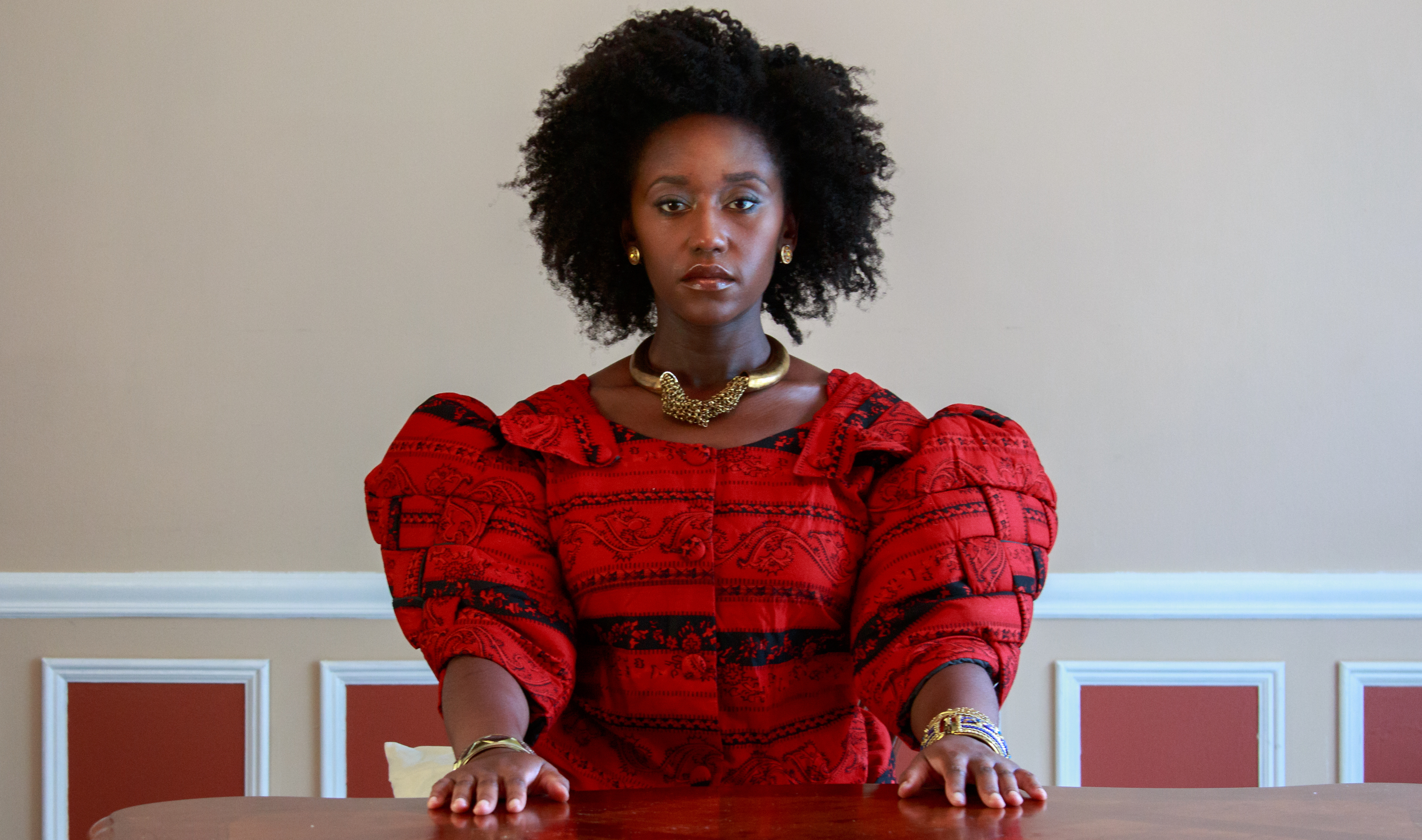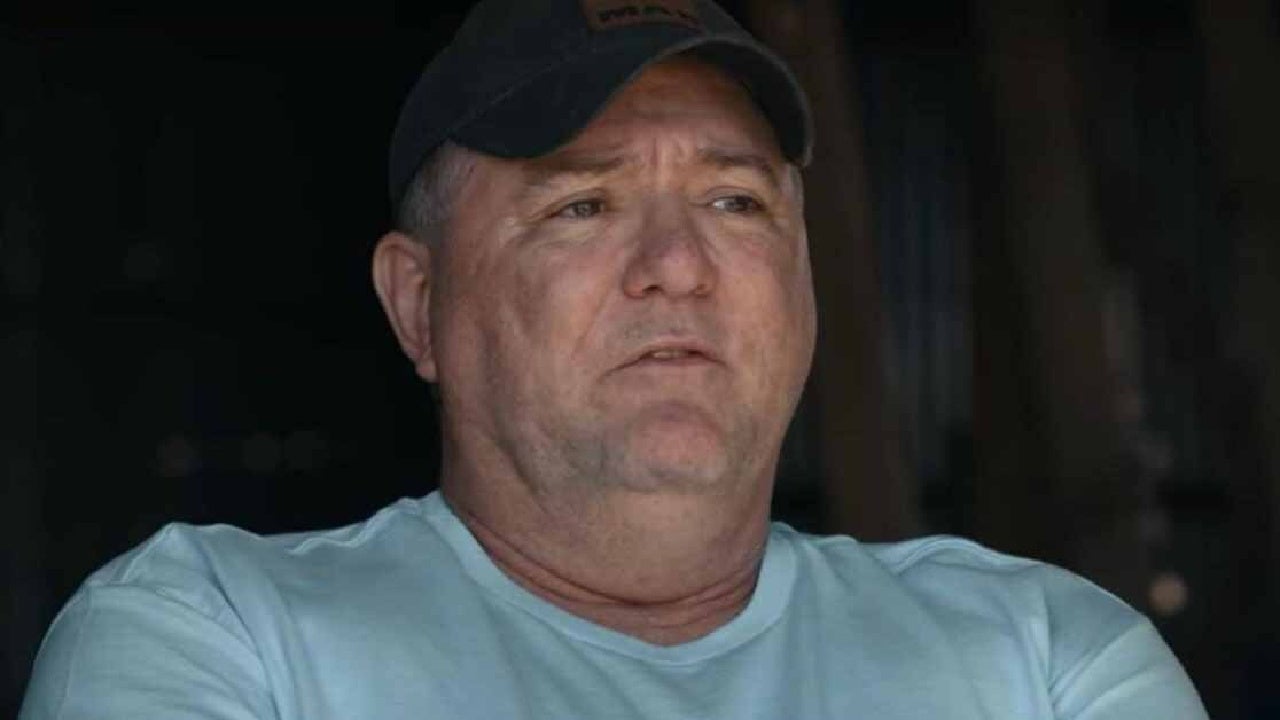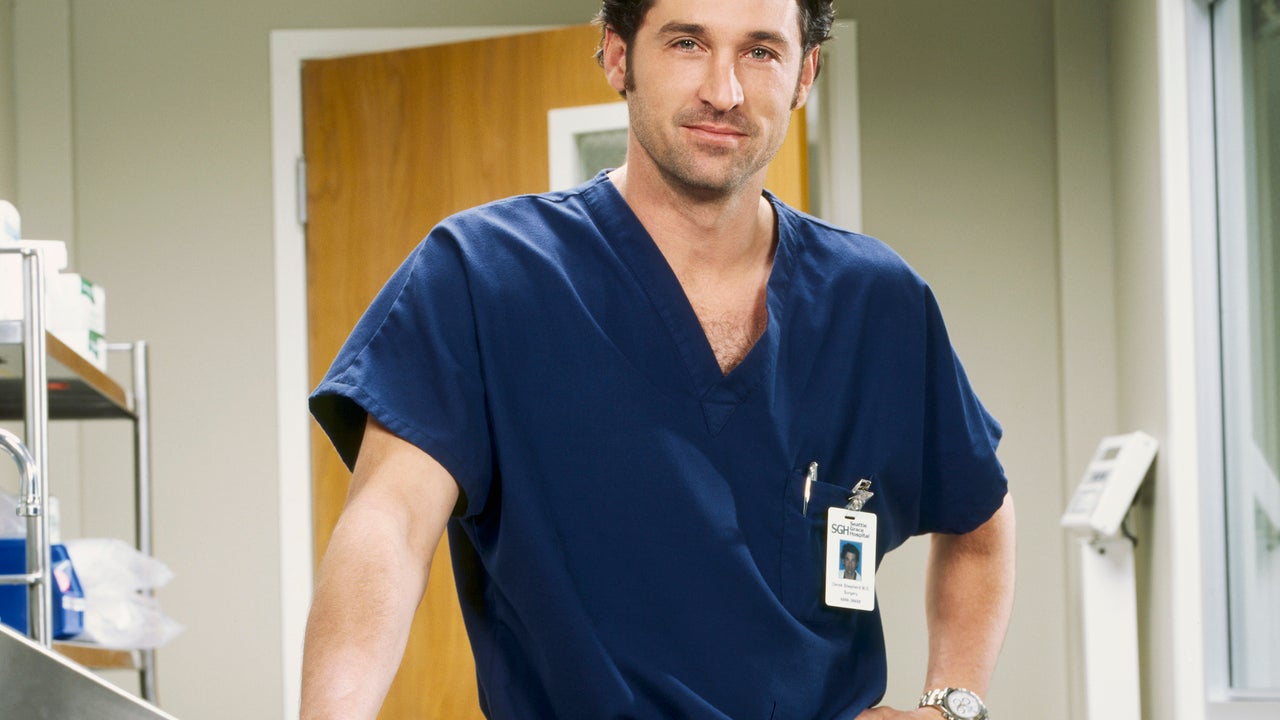“Call Jane,” Planned Parenthood, & Abortion Care Network to Host Screenings & Fundraisers at Clinics
The team behind “Call Jane” is bringing its on-screen activism to the real world. In collaboration with local and national abortion care providers like Planned Parenthood and Abortion Care Network, the Phyllis Nagy-directed pic will screen at clinics across...
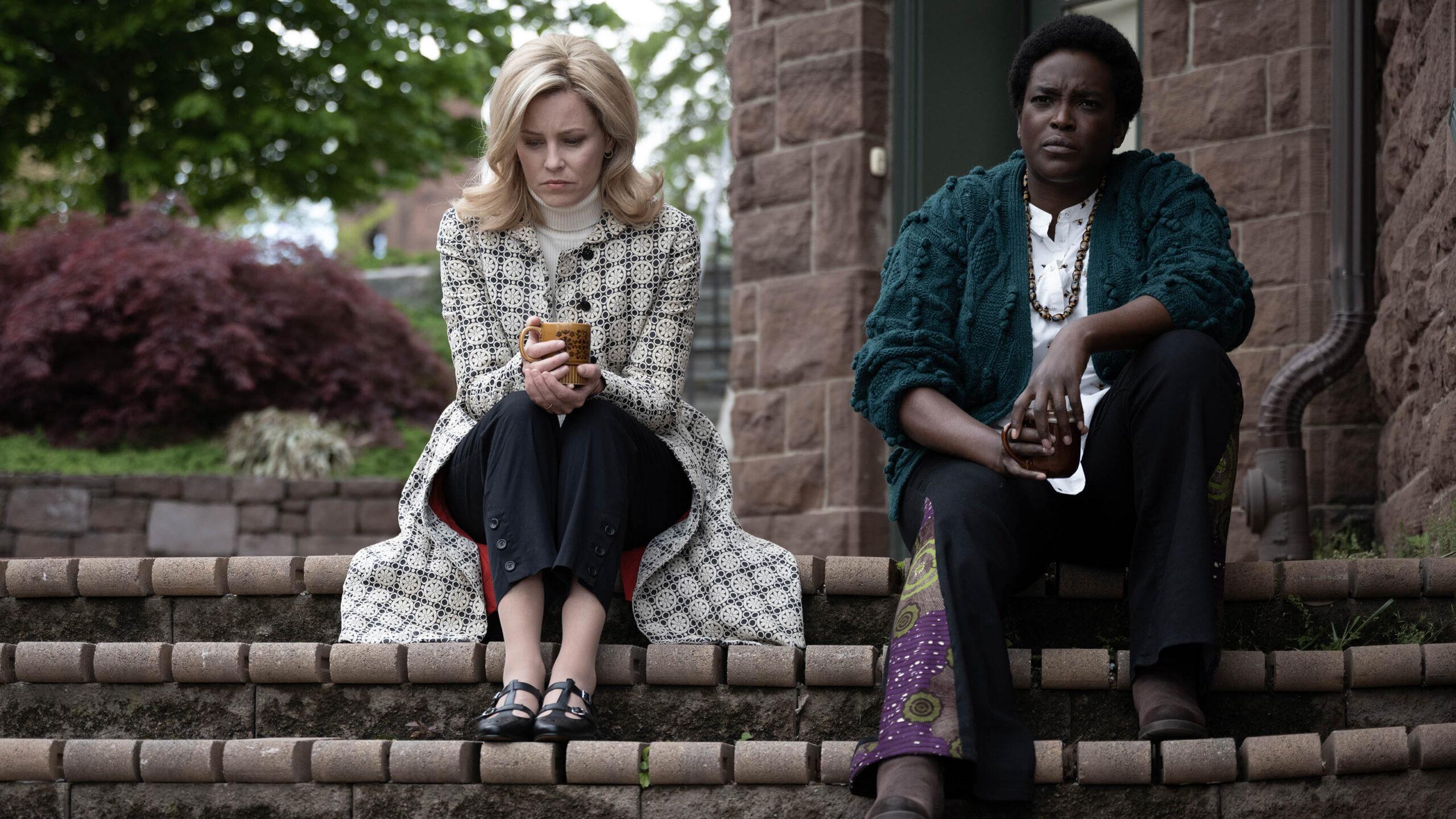
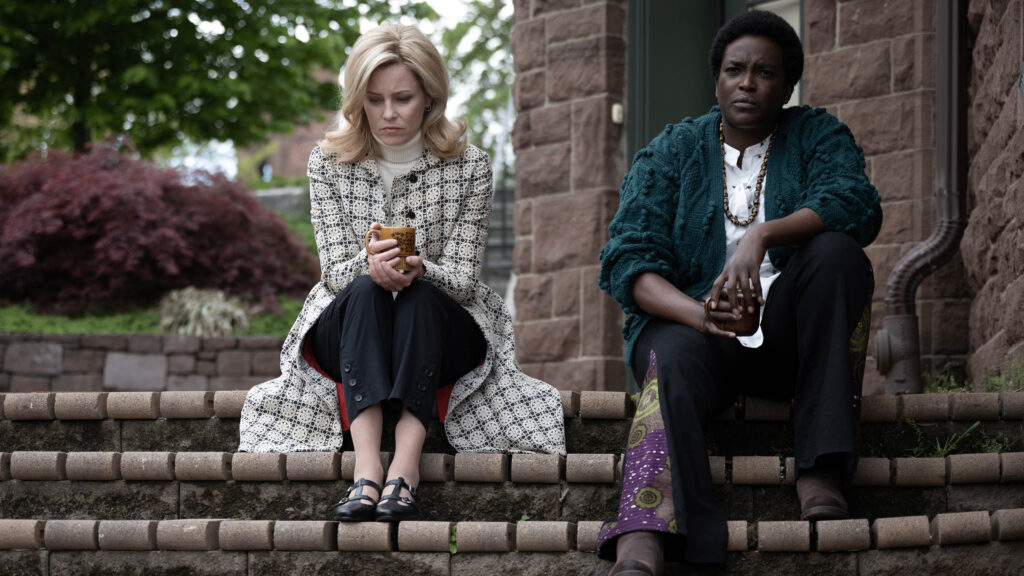
“Call Jane,” Planned Parenthood, & Abortion Care Network to Host Screenings & Fundraisers at Clinics
"Call Jane"The team behind “Call Jane” is bringing its on-screen activism to the real world. In collaboration with local and national abortion care providers like Planned Parenthood and Abortion Care Network, the Phyllis Nagy-directed pic will screen at clinics across the country to support service providers and increase awareness of the reality of abortion access. The Hollywood Reporter broke the news.
“Though set in 1968, ‘Call Jane’ shows us why we must protect access to abortion,” commented Caren Spruch, Planned Parenthood’s national director of arts and entertainment engagement. “Today, in too many states, archaic and dangerous abortion bans are taking us backward and stripping people of the freedom to make decisions about their own bodies.”
Penned by Hayley Schore and Roshan Sethi, “Call Jane” follows Joy Griffin (Elizabeth Banks) an expectant housewife who learns that her congenital heart disease is terminal and the only chance for her survival is the termination of her pregnancy. When the hospital’s executive board votes against her emergency abortion, Joy is forced to “navigate a medical establishment unwilling and often unable to help,” Nagy told us. She eventually solicits the help of The Janes, a clandestine network that provides illicit abortions to pregnant folks in Chicago.
The film’s supporting case includes Sigourney Weaver, Wunmi Mosaku, and Kata Mara.
The stars of “Call Jane” will appear in PSAs encouraging folks to share their abortion stories with organizations like We Testify, which is devoted to the representation of folks who have had abortions.
We Testify founder and executive director Renee Bracey Sherman praised “Call Jane” for “brilliantly [illustrating] what accessing abortion care was like pre-Roe and the community it took then — and will take now — to be a Jane and ensure everyone has access to abortion care at any time, for any reason, anywhere in the U.S.”
In partnership with groups like Abortion Care Network’s KeepOurClinics.org, “Call Jane” will also host screenings, fundraisers, and theater buy-outs. These events aim to educate audiences and promote support for abortion access, women’s reproductive health organizations, and grassroots initiatives like Reproductive Freedom for All’s (RFFA) Proposal 3, a ballot measure that will protect Michigan’s abortions rights that have been in place for the last 50 years.
RFFA communications director Darci McConnell thanked Banks and Weaver for encouraging Michiganers to cast ballots in favor of Proposal 3, adding, “It’s been nearly five decades since women have had to fight for reproductive health care. But with a 1931 law looming that bans nearly all abortions, we’re fighting now to restore the rights in Michigan we lost when Roe was overturned.”
“Call Jane is a meditation on choice — personal, political, transactional, and familial,” Nagy has said. “I hope that our film encourages people to ask questions they’ve not asked themselves before, and in doing so, engenders empathy, which is the beginning of understanding other viewpoints.”
Best known for writing the Oscar-nominated screenplay for “Carol,” Nagy wrote and directed the Emmy-nominated TV movie “Mrs. Harris,” based on Shana Alexander’s novel “Very Much a Lady.”
Banks was last seen on-screen in “Mrs. America,” an FX drama set in the ’70s that stars Cate Blanchett as Phyllis Schlafly, a conservative activist leading the fight against the Equal Rights Amendment.
“Call Jane” is now in theaters. The film premiered at this year’s Sundance Film Festival.

 MikeTyes
MikeTyes 







